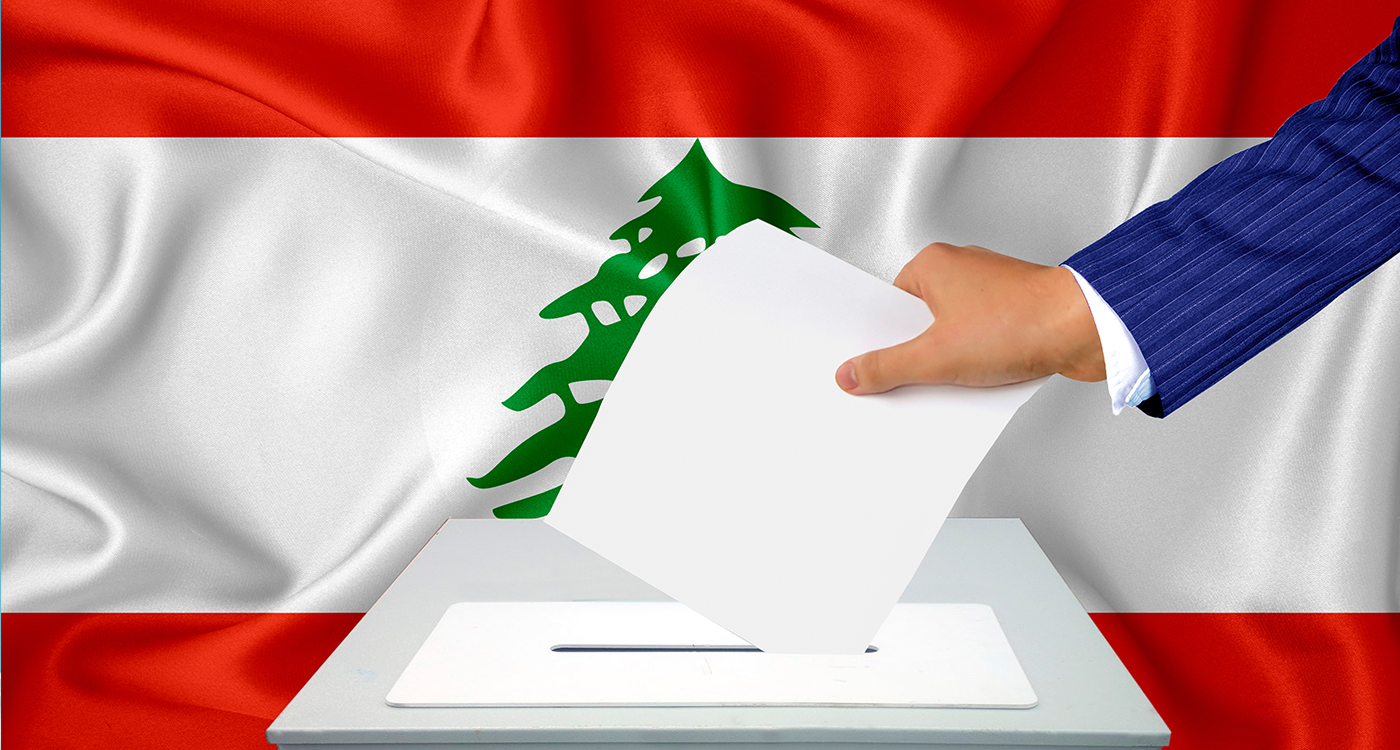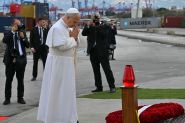
All hidden intentions have come to light, and the undeniable truth is now clear: some are unwilling to ensure equal representation in Beirut’s municipality, or at least are unwilling to uphold it. The real crisis lies in the absence of unified Sunni support in the city, compounded by the inability to provide a political umbrella in the capital to secure equal representation without complications over numbers and candidates. The absence of former Prime Minister Saad Hariri, the withdrawal of current Prime Minister Nawaf Salam from intervening in the elections and the inability of other Sunni leaders in Beirut to impose any reality have all contributed to an environment unsuitable for ensuring equal representation.
When MP Waddah Sadek proposed the implementation of pre-set, closed electoral lists in cities and towns with populations large enough to be considered major cities, opposing intentions were revealed, with suggestions to reduce the mohafez (governor’s) powers in the city compared to those of the mukhtar.
Beyond the grand symbolism of Beirut and its vital role in uniting all components—due to its significance to the nation as a whole and its importance in the eyes of the international community and the diaspora—there is a crucial point that must be viewed from another perspective.
The parliamentary election law allocated 19 seats to the city of Beirut, ensuring a degree of balance in representation by granting ten seats to Christians and nine to Muslims in the capital. However, the key issue at the time was the insistence on securing a seat for Evangelicals and minorities at the heart of the city, effectively adding an extra seat for Christians. This was supported by those committed to national unity and ensuring the representation of all community groups in Beirut. As a result, there was a candidate from each major sect, along with two candidates from the Christian minorities, making the city truly inclusive. The only remaining point of disagreement was the distribution of seats in the electoral districts, a matter that does not negate the genuine intention to make the capital a symbol of unity.
Abandoning fair representation within Beirut’s municipality is nothing short of mourning the capital’s unifying role. How can this be upheld in parliamentary representation yet discarded in municipal governance? What differentiates those who reject fair representation in Beirut, arguing that one sect holds undue power, from those who simultaneously denounce the Orthodox law for granting sects the right to self-representation?
The debates surrounding Beirut’s municipality have revealed nothing but hidden agendas and hearts burdened with resentment, seeking to revive sectarian discourse under the guise of crises affecting each sect. At this point, every sect in Lebanon faces its own crisis: Christians are victims of demographic shifts, Sunnis are victims of a leadership vacuum, Shiites are victims of their losses in the last war, and Druze are victims of the major shifts threatening their role. So is addressing these crises the solution, or is the real solution to deepen the divisions within each sect, leading to even more complex and difficult challenges?



Comments